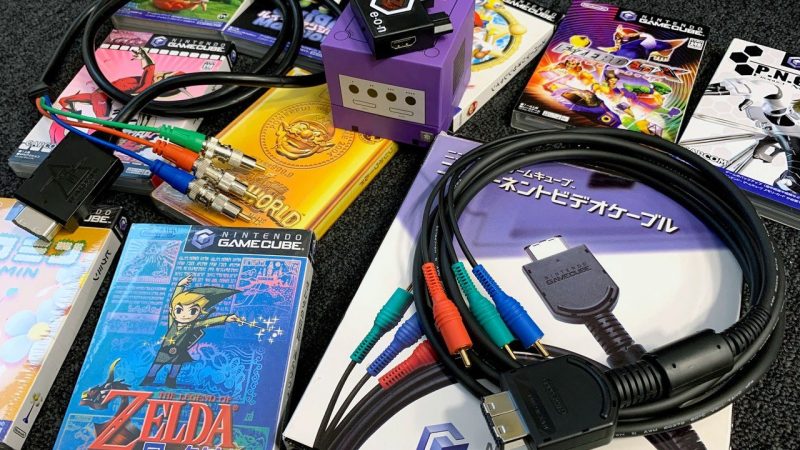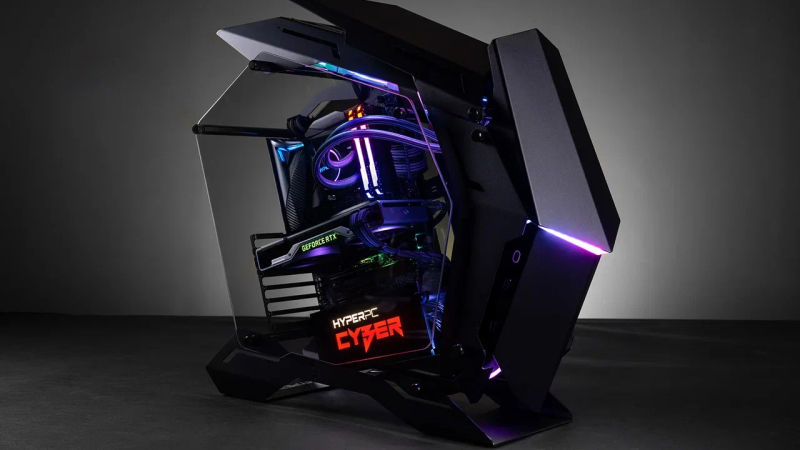How Big Are Rust Maps on PC?

The Rust map is an essential part of the game since it will significantly impact the survival experience you enjoy. You’ll get varied options to wander, scavenge, and build depending on how the landscape is laid out. Thus the Rust maps you pick are quite important. You can even choose whether to utilize the standard randomized generative map or something completely different when you start a session.
When you’ve made your decision, you’ll need to navigate your way through the map you’ve chosen. There are landmarks, villages, rivers, roads, and even stores on every Rust map. Furthermore, most maps have all three biomes while also differing in terms of flora and wildlife.
What Is The Best Way To Use The Rust Map?
The basics are the same regardless of the Rust planet you choose to play in. When you’re in a game, you may press ‘G’ to access your current map. The various biomes, highways, rivers, lakes, and monuments are all visible on the map. Each map is an island, and you’ll respawn on the shore every time.
Use the grid overlay feature that has columns with separate letters and rows with specific numbers. Using these features, you can relay your grid location to your teammates with ease.
It is easy to enable or disable this feature by clicking on the grid on the map’s top left side. When you are on the grid, look for vending machines and stores to stay stocked. Check the items available and prices for each by hovering your mouse over the signage.
Before starting a game in Rust, look at the map category just below the server name. There are four main map types to choose from. Procedural Maps are the most frequent; they are produced using a random “seed” (number) set by the map’s designer. Features like biomes, monuments, and highways are all placed at random. There are no two maps alike.
Barren Maps
Barren maps showcase barren landscapes with just rocks and trees, as the name implies. All of the landscape’s aesthetic elements have been removed, leaving only those necessary for gameplay. Barren maps perform much better than Procedural maps, despite their appearance.
A more intensive PvP experience can also be had on a Barren map. Players create their custom maps. These maps are only accessible through the Community and Modded server tabs.
Because many of the usual rules don’t bind them, you’ll find a wide range of map designs here. Some, for example, are entirely made up of deserts, contain a global tunnel system, or are home to a large volcano. Trying these out can be a lot of fun.
Lastly, there are Premade Maps: the Hapis Island and Savas Island. The layouts of these maps are set, not randomized, but unlike Procedural Maps. The important benefit for the player, independent of server selection, is discovering everything about the island.
Hapis Island & Savas Island
Hapis Island and Savas Island are incredibly different worlds, even though they are both Premade. The map of Hapis Island is quite comprehensive, with roads and grasslands on the coast and a massive hilly area in the center. Hapis Island is traditionally seen as less competitive due to its size. Because of this, it is extremely popular among single players.
The Savas map, on the other hand, is designed to be a high-intensity PvP battleground. Compared to other Rust maps, this small island stands out, not least due to its large size and symmetry. The plan is for you to begin in the lower section and work your way up to the hilltop, where you’ll discover a Rad Town full of precious treasures.
The increased availability of materials and crates stimulates PvP warfare while also reducing the amount of time spent farming. There are even additional weapons in the crates on this map.
Biomes
Rust maps can have 3 different biomes based on the size:
Temperate: In Rust, this is the most prevalent biome. It’s also the perfect area to establish your primary base of operations. The woods in the temperate biome are ideal for gathering timber, while grasslands are ideal for collecting pebbles and hemp plants.
Desert: The desert is an excellent spot to look for barrels and loot boxes, even though it exposes the player. Rad Towns are also common. Moreover, creatures spawn more frequently in the desert than in other biomes, making it ideal for hunting.
Snow: The arctic biome, like the temperate biome, can support tree growth, though the environment is typically more desolate. The best spot to seek metal is here. Remember to bring warm clothing (like the burlap set) and a bonfire with you.





